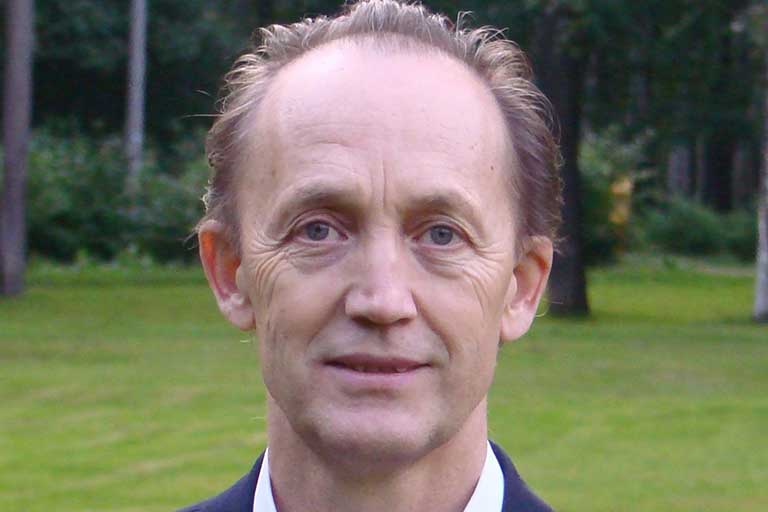Rifkat Muhamedrahimov
Rifkat Muhamedrahimov is Chair of Child and Parent Mental Health and Early Intervention and Professor of Psychology at St. Petersburg State University Department of Psychology. He obtained his degree of Doctor of Science from St. Petersburg State University in 2000. Over the last 25 years he has studied the social-emotional environment of infants and young children, examining issues of caregiver-child interaction and relationship in families and institutions for infants left without parental care. Along with his colleagues he organized in 1992 the first in Russian Federation family-centered early intervention program for infants with special needs. Being the member of the St. Petersburg-USA Orphanage Research Team and the scientific leader from the Russian side he participated in development and implementation of St. Petersburg Baby Home Intervention and Follow-up Projects, that targets the effects of early social-emotional and relationship experience on the development of young children in institutions and post-institutional families.
Title of presentation: Effects of improving caregiving among young children during and following institutional care
Abstract: Institutional settings, usually characterized by inadequate caregiving environment, are associated with dramatic delays in children’s development. The St. Petersburg-USA Institutional Intervention Project implemented and maintained in St. Petersburg’s (Russian Federation) institutions for children aged 0-4 years (Baby Homes, BH) showed that the improvement in sensitivity, responsiveness and stability of the caregiving environment led to substantial improvements in institutionalized children including those with disabilities. Results of the follow-up study of children exposed to intervention BHs and transitioned to post-institutional families confirm previous reports demonstrating negative consequences of institutionalization with a few significant differences between children from the intervention and non-intervention institutions. The intervention and follow-up projects helped to improve the Russian Federation national practices and policies in the field of early childhood and intervention, including for children left without parental care. For the last decade, significant changes associated with the reduction in the number of institutions for infants and young children and the transfer of most of these children to substitute families occurred in the Russian Federation child welfare system. At the same time there is lack of evidence-based intervention programs for accompanying substitute families, and the percentage of children that were returned to institutions is substantial. The evidence-based Attachment and Biobehavioral Catch-up home visiting intervention was adapted to help substitute parents to interact with their post-institutionalized children sensitively. The team of researchers from St. Petersburg State University and University of Delaware have started the pilot study of the effectiveness of this program for substitute families for children with institutional experience with the aim of its future implementation in Russian Federation.



